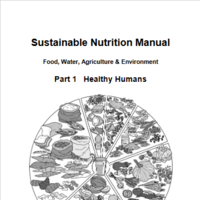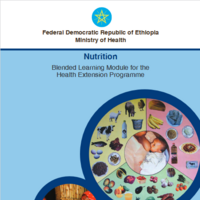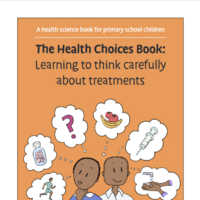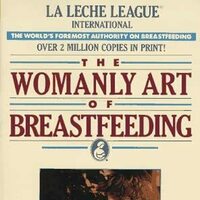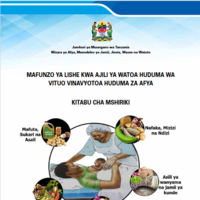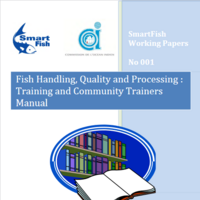Search
Books+
Searching 1,73 books
Search related to the career Nutritionist
Introduction:
A balanced diet plays a crucial role in maintaining good health and preventing various diseases. Educating individuals about the importance of a balanced diet is essential for promoting healthy eating habits. Here are some effective strategies to achieve this:
1. Provide Clear Information:
Start by providing clear and concise information about what a balanced diet entails. Explain the different food groups and their importance in maintaining overall health. Emphasize the need for a variety of nutrients, including carbohydrates, proteins, fats, vitamins, and minerals.
2. Highlight Health Benefits:
Illustrate the numerous health benefits associated with a balanced diet. Explain how it can help in weight management, reduce the risk of chronic diseases like heart disease and diabetes, improve energy levels, enhance cognitive function, and boost the immune system.
3. Visual Aids:
Utilize visual aids such as infographics, charts, and diagrams to make the information more engaging and understandable. Visual representations can effectively convey the message about the importance of a balanced diet and the specific food groups to focus on.
4. Real-Life Examples:
Share real-life examples of individuals who have benefited from adopting a balanced diet. Highlight their success stories, improved health outcomes, and increased quality of life. Personal narratives can inspire and motivate others to make positive changes in their eating habits.
5. Interactive Workshops and Seminars:
Organize interactive workshops and seminars to educate individuals about the importance of a balanced diet. Invite nutrition experts or dieticians to conduct sessions on meal planning, portion control, and healthy cooking techniques. Encourage participants to ask questions and actively participate in discussions.
6. Online Resources:
Create online resources such as blogs, articles, and videos that provide comprehensive information about balanced diets. Ensure that the content is easily accessible and user-friendly. Incorporate practical tips, recipes, and meal plans to help individuals implement a balanced diet in their daily lives.
7. School Programs:
Integrate nutrition education into school curricula. Teach students about the importance of a balanced diet through interactive lessons, hands-on activities, and school gardens. Encourage healthy eating habits by offering nutritious meals in school cafeterias and promoting the consumption of fruits and vegetables.
8. Workplace Wellness Programs:
Collaborate with employers to implement workplace wellness programs that emphasize the significance of a balanced diet. Conduct lunchtime seminars, provide healthy snacks, and organize challenges or competitions to encourage employees to make healthier food choices.
9. Community Engagement:
Engage with local communities through health fairs, farmers' markets, or community centers. Offer cooking demonstrations, nutrition counseling, and free educational materials. Collaborate with local healthcare providers and organizations to reach a wider audience.
10. Long-Term Support:
Provide ongoing support and resources to individuals who are trying to adopt a balanced diet. Offer follow-up sessions, online support groups, or mobile applications that track progress and provide personalized recommendations.
By implementing these strategies, individuals can be effectively educated about the importance of a balanced diet, leading to improved overall health and well-being.
Source: Various AI tools
Lishe
Books tagged nutrition
Mitaala
Books tagged curriculum
Elimu
Books tagged education
Afya
Books tagged health
Maendeleo endelevu
Books tagged sustainable development
Searched in English.
